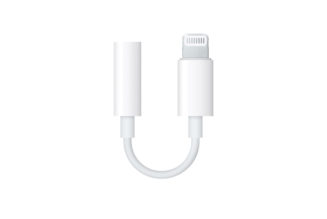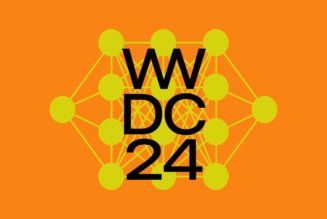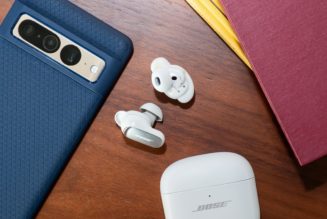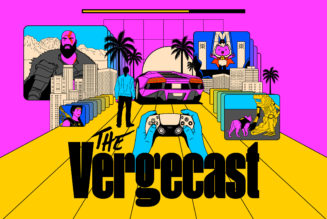DeepMind CEO Demis Hassabis doesn’t believe open-source AI models will outpace Google.
Share this story
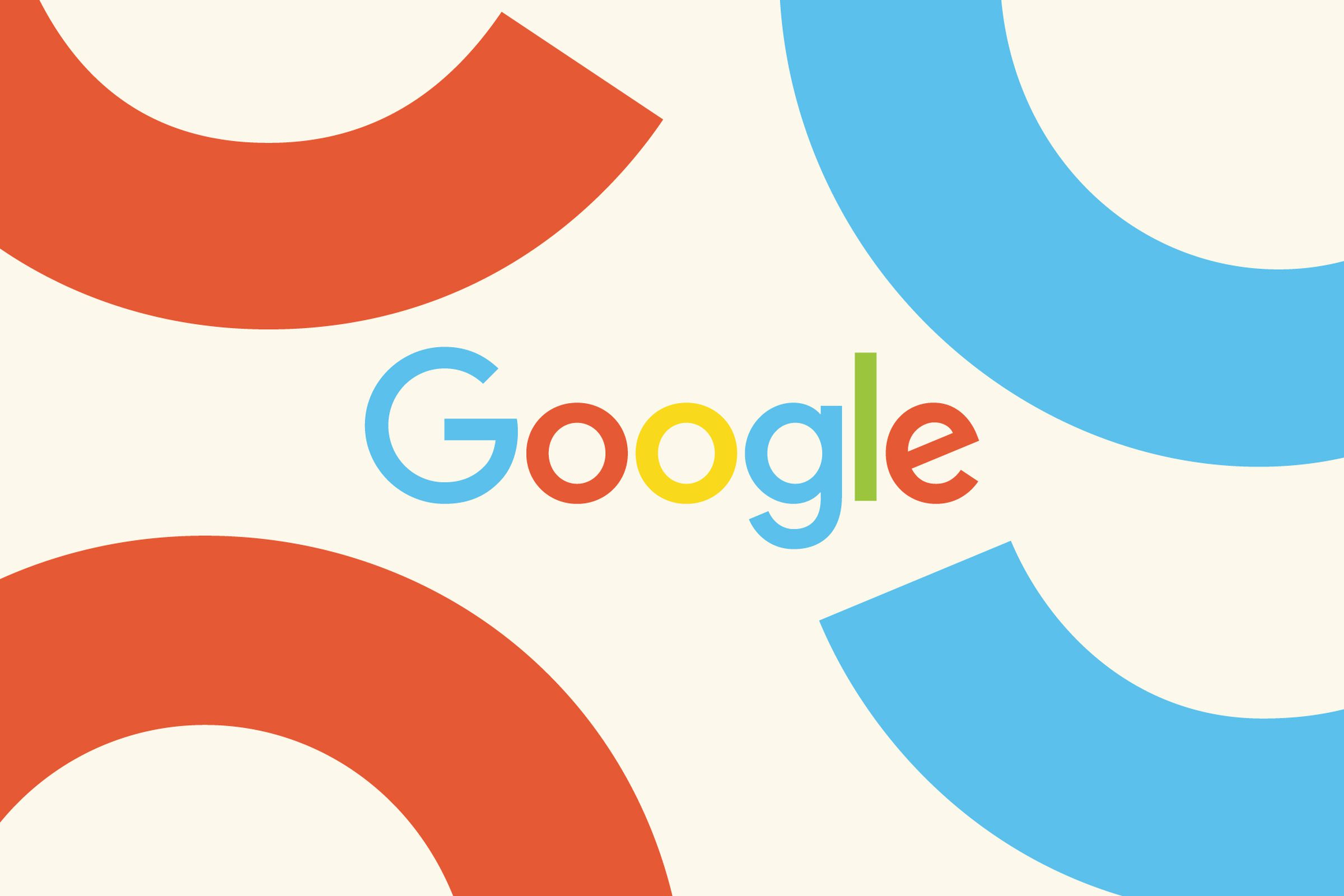
Just a couple of months ago, a leaked memo said to be from a Google researcher cast doubt on the company’s future in AI, stating that it has “no moat” in the industry — and now, we seemingly have confirmation that it was real. In an interview with Decoder, Demis Hassabis, the CEO of Google’s DeepMind, told The Verge that although he believes the memo was legitimate, he disagrees with its conclusions.
“I think that memo was real. I think engineers at Google often write various documents, and sometimes they get leaked and go viral,” Hassabis said. “I think it’s interesting to listen to them, and then you’ve got to chart your own course. And I haven’t read that specific memo in detail, but I disagree with the conclusions from that.”
The memo, which was obtained by SemiAnalysis from a public Discord server, says that neither Google nor OpenAI have what they need to succeed in the AI industry. Instead, the researcher claims “a third faction has been quietly eating our lunch”: open-source AI models that the researcher says are “faster, more customizable, more private, and pound-for-pound more capable.”
But Hassabis is less pessimistic about Google’s future in the AI industry. He believes that the competitive nature of the company’s researchers will help push Google to the forefront of AI, adding that the newly merged Google Brain and Google DeepMind teams, which Hassabis was asked to lead, will likely result in more breakthroughs.
“Look at the history of what Google and DeepMind have done in terms of coming up with new innovations and breakthroughs,” Hassabis said. “I would bet on us, and I’m certainly very confident that that will continue and actually be even more true over the next decade in terms of us producing the next key breakthroughs just like we did in the past.”


